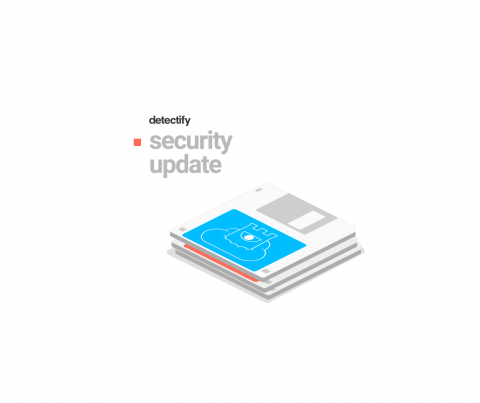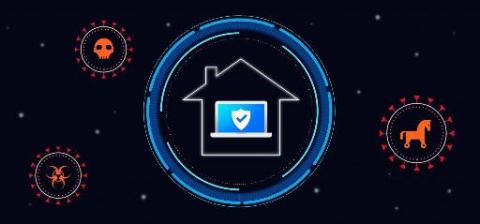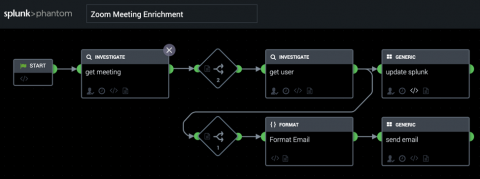What are the PCI DSS Security Audit Procedures?
The Payment Card Industry Data Security Standard (PCI DSS) represents an information security standard designed for organizations that store, process, or transmit credit cards and are exposed to cardholder data. The card brands themselves have advocated for the PCI standard which is administered by the Payment Card Industry Security Standards Council (PCI SSC). Given organizations are interested in compliance, many ask the question “what are the PCI DSS Security Audit Procedures”?










